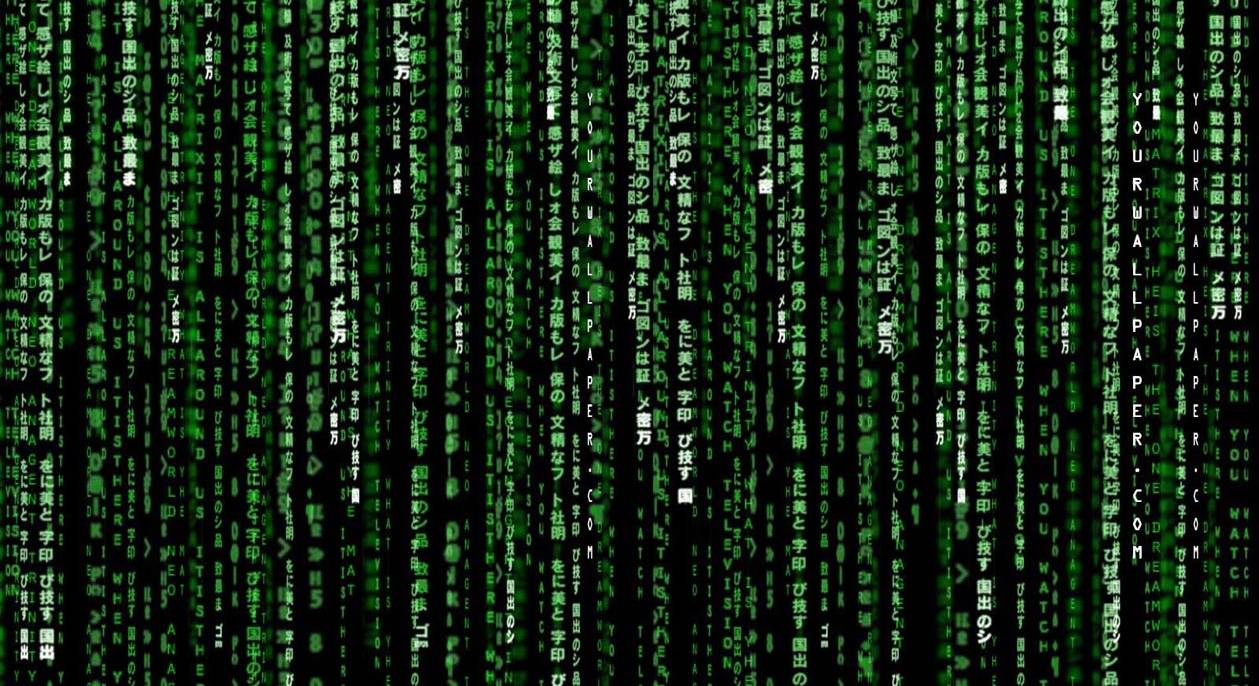The Hacker Philosophy: A Reality Reprogramming Creed
Getting to know how a system works allows us to modify its usage and to transform it in ways initially considered as impossible.
Around the web we often hear about a hacker “philosophy”, referring to a credo behind the act of revealing and capitalizing those vulnerabilities held by informatics security structures. An activity that is not done with the purpose of gaining financial benefits or media attention, but as some sort of epic self-assigned mission of inverse reengineering. But, what can an informatics hacker teach us about the world that beats beyond the environment of our screens?
Regarding the hacker standpoint, Paul Buchheit, one of Google’s top programmers, proclaimed, “We’re often told that there are no shortcuts to success —that it’s all a matter of hard work and doing what we’re told. The hacking mindset takes the opposite approach: There are always shortcuts and loopholes. For this reason, hacking is sometimes perceived as cheating, or unfair, and it can be.”
One of the main aspects that distinguish a hacker from a traditional programmer is that the latter shapes and configures informatics networks, while the first takes the time to detect all of its vulnerabilities. Noticing how our reality is built, and understanding it as a series of conventions and learnt habits, will enable us to modify it and print it with our own protocols.
Is there something in your life that you dislike? Then stop procrastinating and try to learn how it actually works: you will discover, undoubtedly, something new about yourself, lying inside your aversions and, once detected, you certainly will be able to reprogram it.
For Buchheit, every new business is a way of hacking the financial environment: think of any successful product or successful business and think of the world prior to the existence of that product or service. Someone was able to find a specific vulnerability, in this case represented by a need, and managed to exploit it. But the hacker philosophy can do more than just make you a millionaire; it can also, and above all, set yourself as the architect of your surroundings.
Just like the philosopher, the hacker searches unceasingly for the truth that awaits us, lying somewhere beyond appearance ––This underlying truth is shared by every revolution and movement that has embodied new paradigms.
Somehow, anyone who adopts a different perspective before the state of things is a hacker. And he ––his thirsty spirit–– is able to reshape, by hacking and reinventing previous systems: the models that operate our reality (institutions, companies, governments, etcetera).
Just like the mystic, the hacker seeks “the true nature of reality, and realizes that we do not possess the truth at any given moment, and that we never will.” The hacker philosophy goes far beyond merely knowing how to order endless strips of informatics codes: it is concerned with the design, deconstruction and redesign of forthcoming scenarios.
Related Articles
7 Recommendations for Organizing Your Library
For the true bibliophile, few things are more important than finding a book from within your library.
Red tea, the best antioxidant beverage on earth
Red tea is considered to be the most unusual of teas because it implies a consistently different preparation process. ––It is believed that its finding came upon surprisingly when traditional green
A brief and fascinating tour of the world's sands
To see a World in a Grain of Sand And a Heaven in a Wild Flower, Hold Infinity in the palm of your hand And Eternity in an hour. - William Blake What are we standing on? The ground beneath our feet
Strengthen your memory with rosemary oil
For thousands of years rosemary oil has been traditionally admired and used due to its many properties. In the Roman culture, for example, it was used for several purposes, among them cleansing, as
Literature as a Tool to Build Realities
Alain de Botton argues that great writers are like lenses through which we can see an infinite array of possibilities.
Mandelbrot and Fractals: Different Ways of Perceiving Space
Mathematics has always placed a greater emphasis on algebra, a “purer” version of itself, one that is more rational at least. Perhaps like in philosophy, the use of a large number knotted concepts in
Luis Buñuel’s Perfect Dry Martini
The drums of Calanda accompanied Luis Buñuel throughout his life. In his invaluable memoirs, published under the Buñuel-esque title, My Last Sigh, an entire chapter is dedicated to describing a
A Brief Manual of Skepticism, Courtesy of Carl Sagan
Whether or not you’re dedicated to science, these tips to identify fallacies apply to any form of rigorous thinking.
How to Evolve from Sadness
Rainer Maria Rilke explored the possible transformations that sadness can trigger in human beings.
Alan Watts, A Discreet And Charming Philosopher Of The Spirit
British thinker Alan Watts was one of the most accessible and entertaining Western interpreters of Oriental philosophy there have been.










